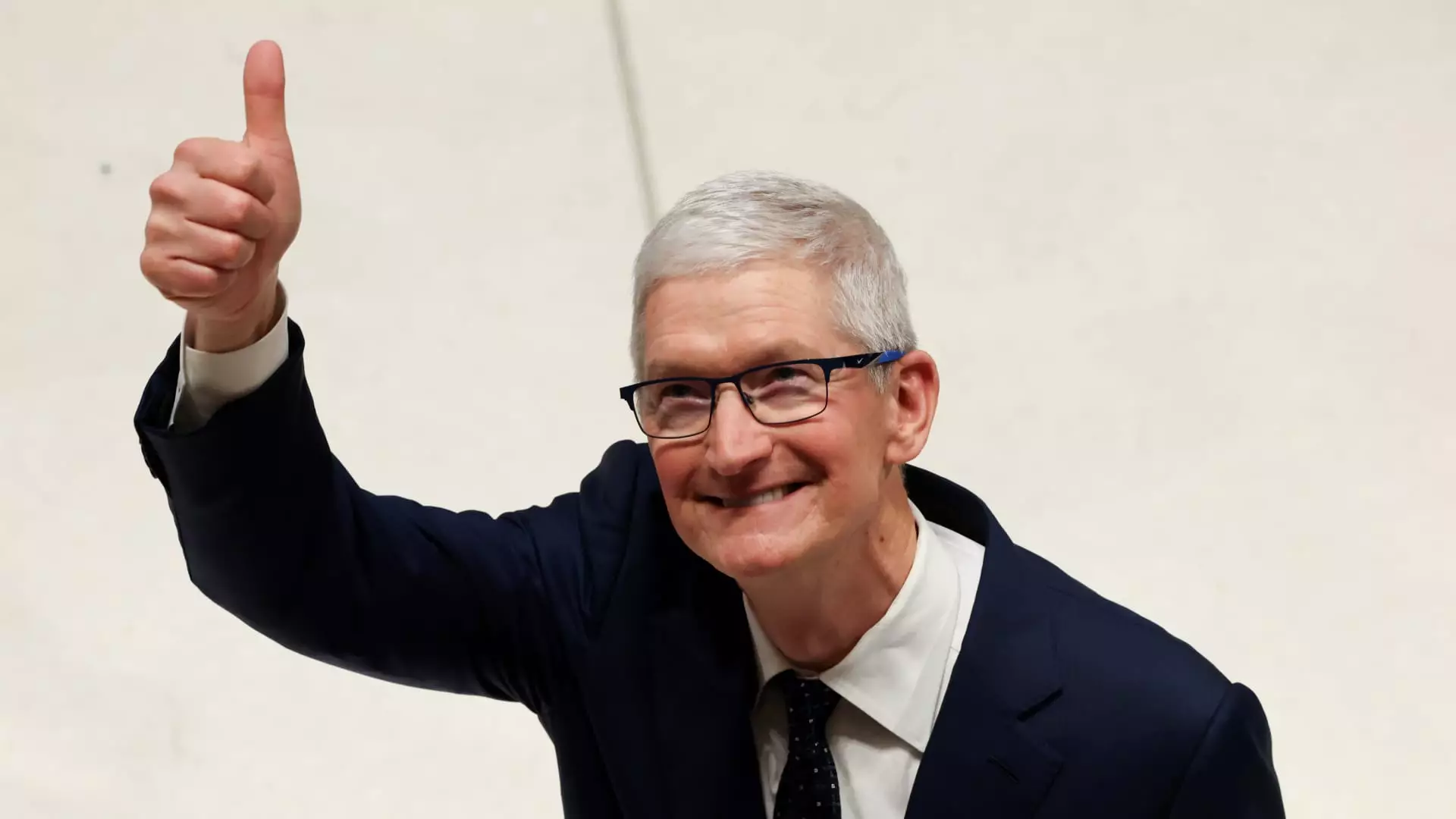In a society increasingly aware of the importance of digital privacy, the recent ruling favoring Apple against the U.K. government’s attempt to impose a gaping hole in encryption standards is a significant win—albeit a necessary one. This legal confrontation pits privacy rights against governmental overreach in a digital age where trust is paramount. The U.K. Investigatory Powers Tribunal’s decision to reject the government’s request for secrecy highlights a troubling trend where national security is wielded as a weapon to infringe upon civil liberties.
What’s alarming is not merely the request for a “backdoor” into encrypted iPhone data, but the audacity with which the government approached this request. The rationale that such measures are integral to national security rings hollow when placed against the backdrop of an open society. A secretive hearing devoid of public scrutiny poses an existential threat to the principle of open justice—a concept that is supposed to underpin democratic societies. The judges, Rabinder Singh and Jeremy Johnson, astutely characterized the attempt as the “most fundamental interference” with justice. Their decision serves as a beacon, reminding us that transparency is not just a nicety, but a necessity.
The Backdoor Debate: Security vs. Privacy
The crux of the issue lies in the dichotomy between security and privacy. The British government’s insistence on demanding technical “backdoors” into encrypted systems raises pressing questions about the definitions of safety and liberty in the digital age. It often seems that governments find it more convenient to blame encryption for the actions of criminals rather than engaging in a nuanced discussion about the societal structures that foster criminal behavior.
Governments in the U.S., U.K., and EU have lamented the protective measures provided by end-to-end encryption, arguing that such safeguards enable illegal activities. However, this simplistic view ignores a complex reality: the protection of personal data serves not just the interests of law-abiding citizens but also the collective ethos of a society that values individual freedom. Every data breach or adverse event can’t be pinned to robust encryption; rather, it often points back to failures in governance, policing, and community education.
The U.K. Investigatory Powers Act of 2016 empowers the government to seize back control from tech companies, compelling them to compromise their encryption systems. This is a slippery slope that can lead to widespread abuse. Each minimal concession could potentially culminate in an environment where privacy no longer exists, and citizens are left vulnerable.
Apple’s Noble Resistance
Against this backdrop of overreach, Apple’s refusal to comply with the government’s demands is commendable. By standing firm on its promise to protect user privacy, Apple is not only defending its customer base but also taking a stand against a powerful narrative that prioritizes security over fundamental rights. The withdrawal of Apple’s Advanced Data Protection (ADP) system from U.K. users was a significant blow to privacy advocates and an implicit acknowledgment of the risks posed by the government’s demands.
Apple’s public statements reflect its commitment to user security. The company’s transparency about never building a “backdoor” is a signal of its ethical stance amidst rampant governmental calls for digital access. This steadfastness offers hope that corporations can wield power responsibly. Apple’s stance arguably sets a precedent that may embolden other tech companies to resist similar pressures, promoting a culture where privacy is respected and upheld.
The Future of Digital Privacy
As we look forward, the challenge remains fierce. The U.K. government, much like its counterparts across the globe, has never been shy about infringing upon civil liberties in the name of safety. It’s a difficult balance to strike, but ultimately, a society that finds itself perpetually sacrificing privacy for the illusion of security is not one worth upholding.
Digital privacy must be seen as a fundamental human right, one that should not be compromised under any circumstances. It is imperative to advocate for policies that safeguard our rights, ensuring that the fallout from the fight against crime does not leave innocent citizens vulnerable. Empowering individuals to protect their data integrity is essential to the vigor of any democratic society—and companies like Apple need our support more than ever in this uphill battle.

